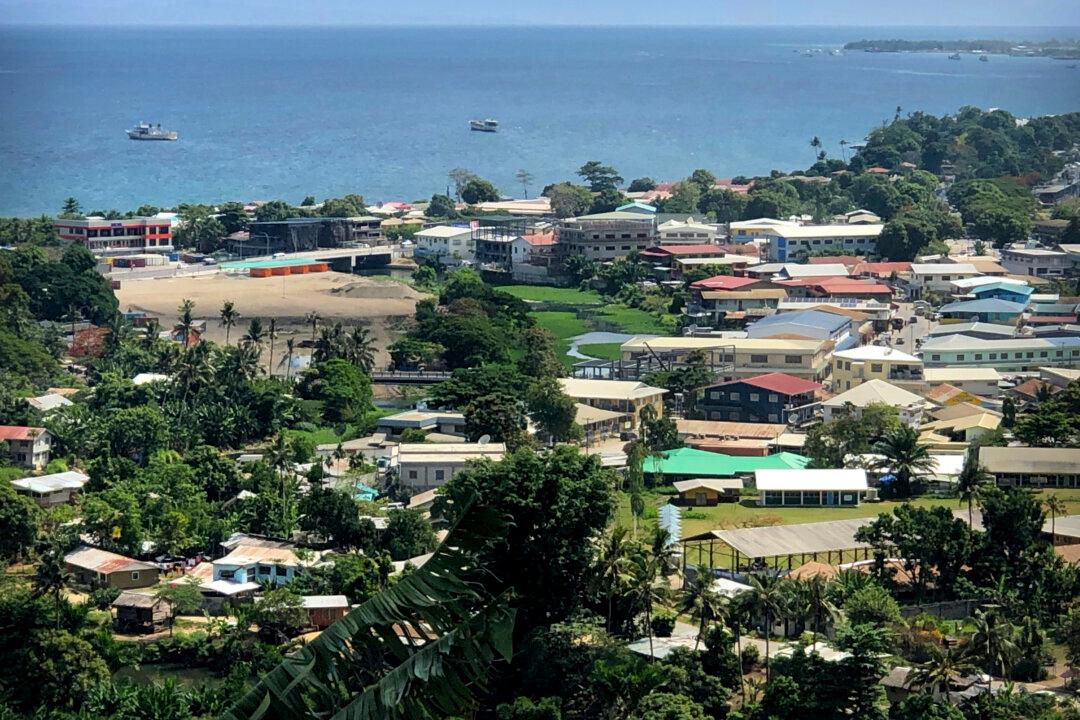The U.S. State Department has notified Congress of its plan to ramp up engagement with Pacific islands, including increasing the number of diplomatic personnel and spending for U.S. embassies in the region.
Washington aims to hire 40 American and local staff for the new embassies in the Solomon Islands, Tonga, Vanuatu, and Kiribati over the next five years, according to a notice sent to Congress on Wednesday, The Associated Press reported.





